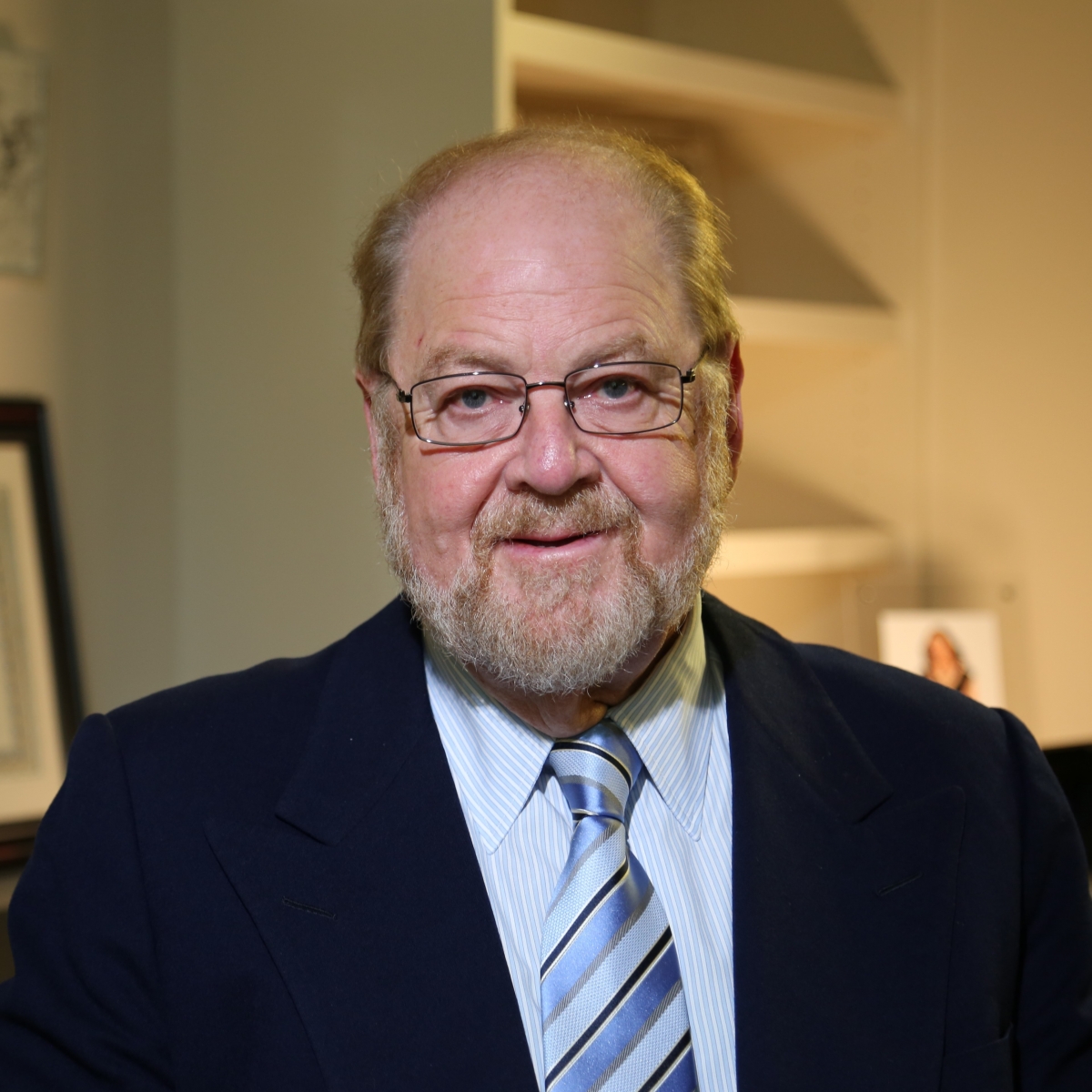Q & A with Nobel Laureate James E. Rothman, PhD
 James E. Rothman, PhD, received the 2013 Nobel Prize in Physiology or Medicine for work he began when he was a Damon Runyon Fellow from 1976 to 1978. His work demonstrated, for the first time, how tiny sac-like structures called vesicles help transport substances to different places inside the cell and send molecules from the cell's surface as signals to other cells in the body.
James E. Rothman, PhD, received the 2013 Nobel Prize in Physiology or Medicine for work he began when he was a Damon Runyon Fellow from 1976 to 1978. His work demonstrated, for the first time, how tiny sac-like structures called vesicles help transport substances to different places inside the cell and send molecules from the cell's surface as signals to other cells in the body.Was there a breakthrough moment in your research?
James Rothman: Successful scientists are often asked, was there a breakthrough? I don't think an unsuccessful scientist has ever been asked that. So as a result, we never hear about the failures. I've often said that science is 99% failure, 1% success and really the difference between the most successful scientists and maybe merely a very successful scientist is that the most successful scientist probably fails only 99% of the time, not 99.9% of the time.
What role did Damon Runyon play in your career?
JR: Fellowships like Damon Runyon's provide young scientists, whether they're newly independent scientists, or post-doctoral fellows, opportunities to exert their freedom that they might not otherwise have. In my day it would be normal to have a two or a three-year fellowship after graduate school and one would have a paper or two and one's capabilities would be recognized hopefully. Today, that's more difficult, it typically takes four, five or even six years and funding that can result in additional funding for longer periods of time and therefore more freedom to achieve is all the more vital -- and Damon Runyon in various ways provides that. So, the mission of Damon Runyon is not less important, it's actually far more important than ever.
Why is the Damon Runyon fellowship far more important than ever?
JR: In science, money equals freedom. Freedom equals opportunity. Opportunity results in discovery. Therefore, money leads to opportunity, providing you chose the right people to provide the opportunity to. The Damon Runyon fellowships and grants are very selective. Damon Runyon chooses the right people. It's unfortunate that money limits success in science, but it does, and so if you have the right people and at the right young age, if you give them freedom, we will have more success; that is the equation that Damon Runyon promotes.
Explain the importance of risk in scientific research.
JR: Science is all about risk. Science is, science at the edge will entail failure. If you're not willing to tolerate failure, you're not going to succeed in science. If you're funding science, if you're not willing to embrace risk you're not going to create the opportunity for success. So that's what Damon Runyon and organizations like that need to do. Today it's very difficult for young scientists to get the funding that they need to carry out their programs, especially the more innovative programs.
What are the consequences of not funding these scientists?
JR: If we do nothing to correct it as a society, we will gradually lose our competitiveness. I don't mean just competitiveness in science, but competitiveness in medicine, competitiveness in the associated industries, it's not a good direction to be in. For example, I have a post-doctoral fellow, extremely talented, who's in his fourth year of his post doc, who got approached by Google, actually as a computer programmer. He had doubts about whether he should stay in science. Fortunately, I was able to convince him and in the last year he now has two fabulous papers that are going to come out, but it was really touch and go. What did he have to offer Google? Well he knew how to program computers and he was smart. That's where the young people are going these days, they're going into technologies that are not medical research, they're going into the financial industries, they're going into many things.
What is the importance of patience and urgency in science?
JR: It's only by having a sense of patience that we can tolerate the high failure rate that necessarily accompanies (scientific research.) The ability to tolerate a high failure is an essential ingredient. So, without patience you can't tolerate failure, without urgency you don't go to bat over and over again. So, they're both essential characteristics.
You’ve also warned young scientists never to listen to an old scientist. Why?
JR: Someone like myself was raised in a scientific milieu and stew, a kind of, a scientific atmosphere where the questions and the way of answering questions, that I learned, and that I accommodated to and I developed, were from 30, 40, 50 years ago. They were very relevant then. The approach that I or people of my generation took, is the reason why you have questions to ask today. Now, if I took my mentality and I applied it today, you wouldn't really be very successful because it's the people who ask the unconventional questions, who think in a different way, that actually own the world today.
Blog
